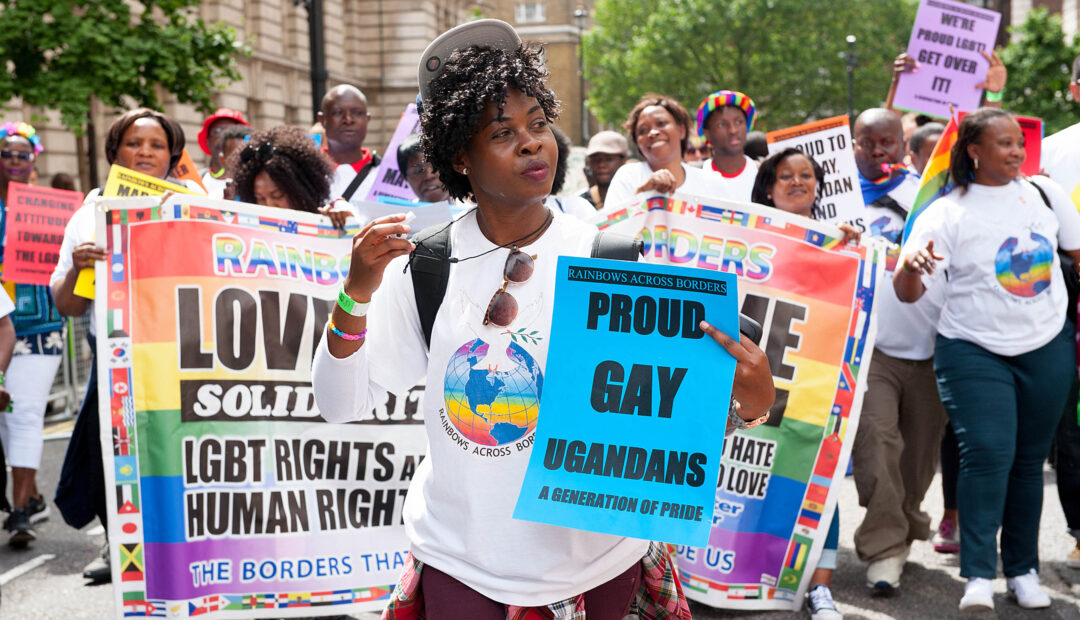The World Bank has decided to cut new lending to the Ugandan government following the passage of Uganda’s Anti-Homosexuality Act into law earlier this year.
The act, which was passed in May by Ugandan President Yoweri Museveni, criminalizes “aggravated homosexuality” which is defined by the Ugandan government as sexual relations involving a person infected with HIV. But same-sex conduct has been considered a crime since the colonial era and today those who engage in it risk life imprisonment or the death penalty.
After the act was passed, the World Bank sent a team to Uganda to evaluate whether additional measures were necessary to ensure the bank’s former projects were carried out within the organization’s social and environmental standards.
In a statement released on August 8, the World Bank said “Uganda’s Anti-Homosexuality Act fundamentally contradicts the World Bank Group’s values. We believe our vision to eradicate poverty on a livable planet can only succeed if it includes everyone irrespective of race, gender, or sexuality. This law undermines those efforts. Inclusion and non-discrimination sit at the heart of our work around the world.”
According to the Human Rights Watch “The Anti-Homosexuality Act of 2023 violates multiple fundamental rights guaranteed under Uganda’s constitution and breaks commitments made by the government as a signatory to a number of international human rights agreements.”
The U.S. has also considered imposing economic sanctions on Uganda in response to passing of the law, but has yet to do so.


